“When imaging advances, science advances”

Sabine Süsstrunk, an expert in scientific photography, has seen first-hand the amazing progress in imaging technology over the past 40 years. And now her field is being upended by artificial intelligence (AI).
AI enhances chemical analysis at the nanoscale
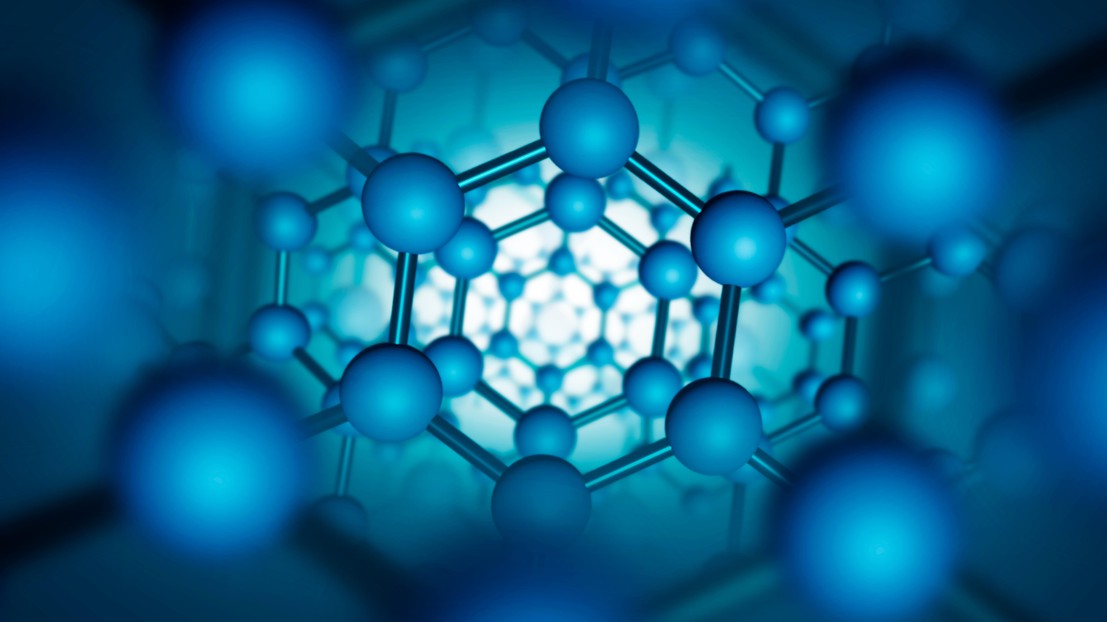
EPFL scientists have developed an AI-based technique to improve chemical analysis of nanomaterials, overcoming challenges of noisy data and mixed signals.
A new AI approach to protein design
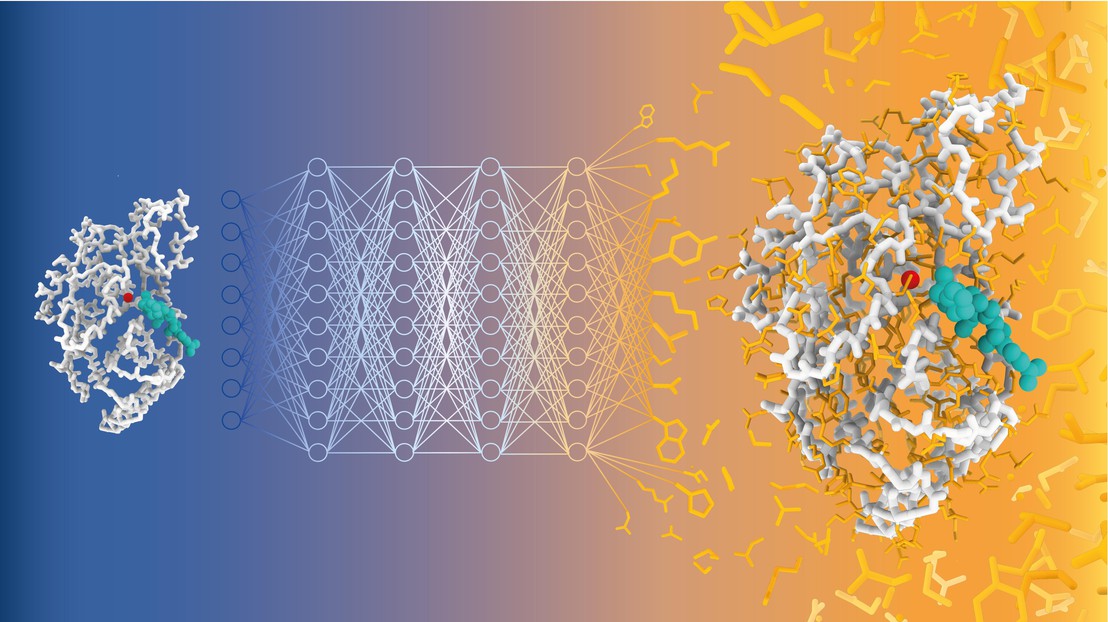
EPFL researchers have developed a novel AI-driven model designed to predict protein sequences from backbone scaffolds, incorporating complex molecular environments. It promises significant advancements in protein engineering and applications across various fields, including medicine and biotechnology.
Engineers bring efficient optical neural networks into focus
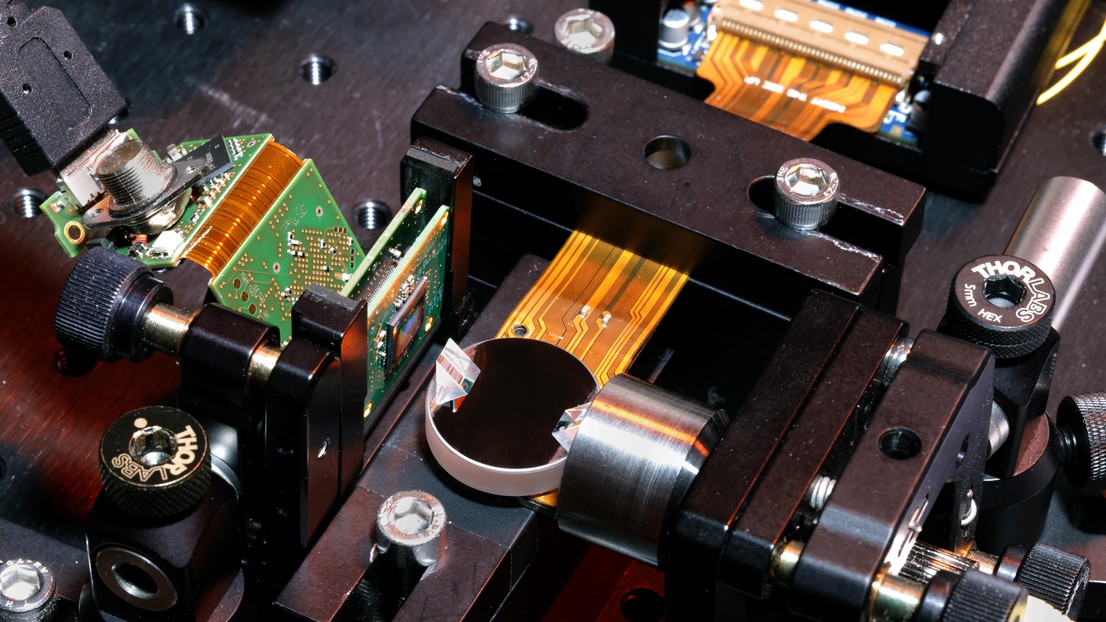
EPFL researchers have published a programmable framework that overcomes a key computational bottleneck of optics-based artificial intelligence systems. In a series of image classification experiments, they used scattered light from a low-power laser to perform accurate, scalable computations using a fraction of the energy of electronics.
Stranger Danger and online fringe communities

New EPFL research has found that the exchange of comments between members and non-members of fringe communities (fringe-interactions) on mainstream online platforms attracts new members to these groups. It has also suggested potential ways to curtail this growth.
Flying like a beetle
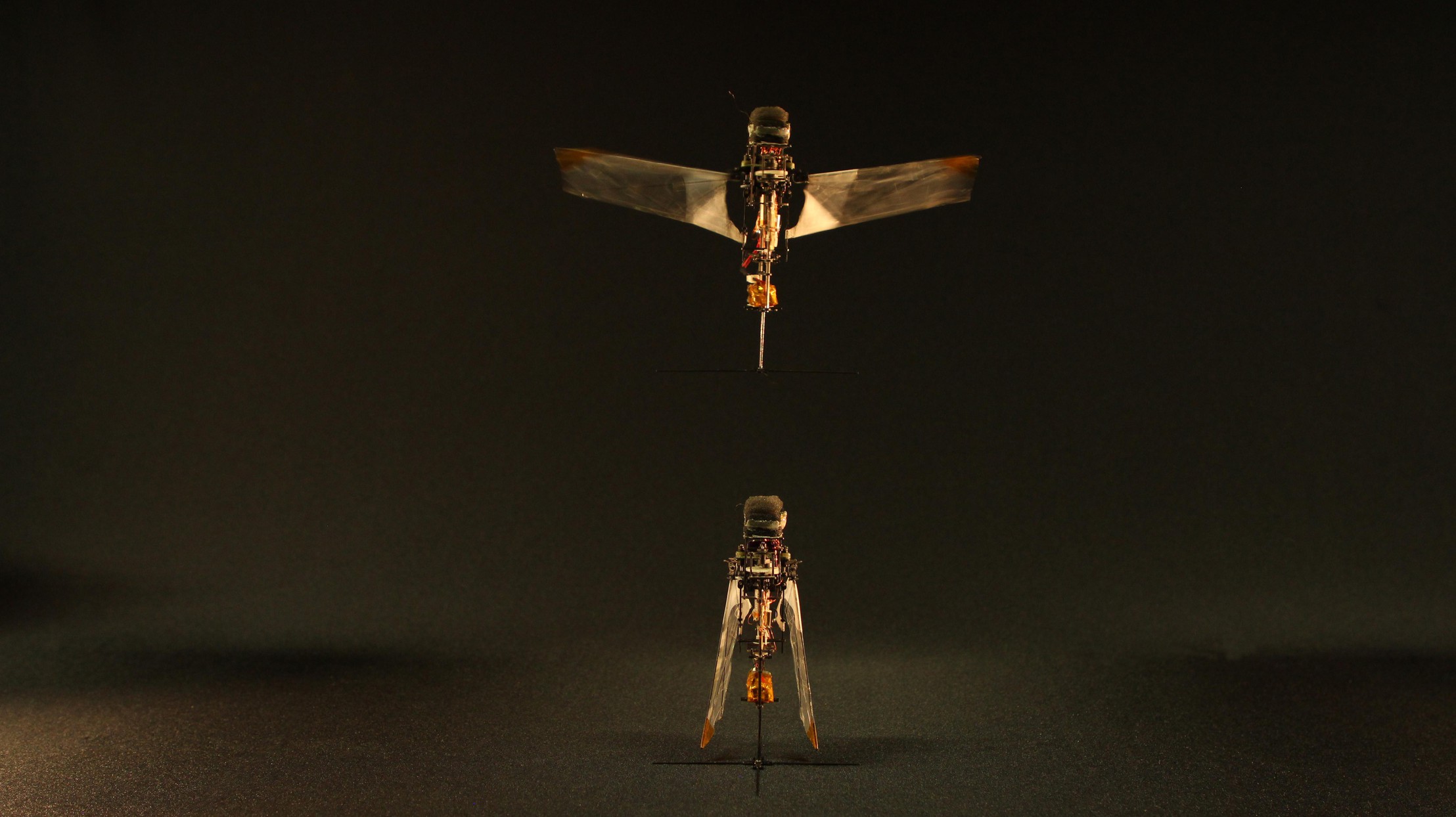
In a new study, EPFL scientists found that rhinoceros beetles use passive mechanisms to deploy and retract wings instead of muscles. The findings inspired them to design a new microrobot, demonstrating a simple, yet effective, approach to the design of insect-like flying micromachines.
Making a difference with the MAKE Assistive Technologies Challenge

Thanks to the dedication of EPFL students, all motivated by the potential to make a difference in someone’s life, six MAKE prototypes were built last semester with the aim of assisting the mentally or physically challenged.
Bridging the “Valley of Death” in carbon capture

Developed at EPFL, Heriot-Watt University, and ETH Zurich, PrISMa is a new platform that uses advanced simulations and machine learning to streamline carbon capture technologies, by taking into account the perspectives of diverse stakeholders early in the research process.
Navigating the labyrinth: How AI tackles complex data sampling
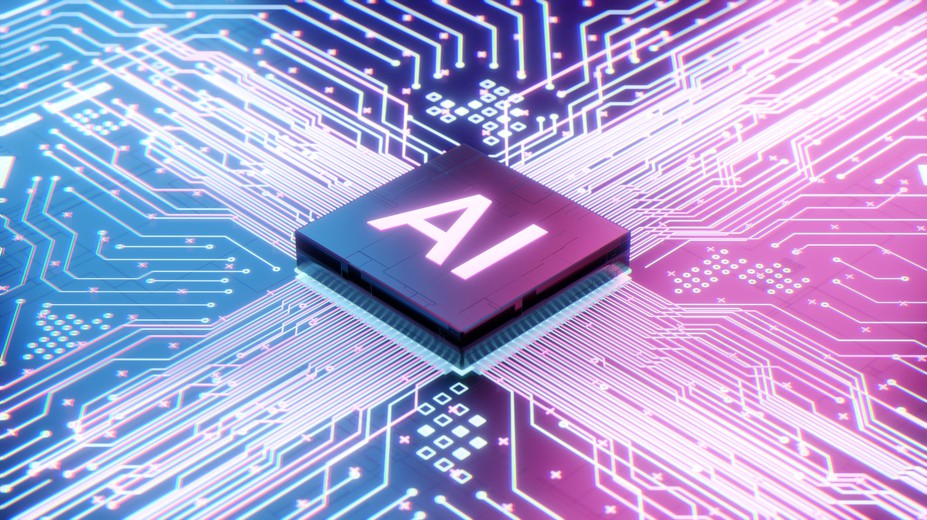
Researchers at EPFL have made a breakthrough in understanding how neural network-based generative models perform against traditional data sampling techniques in complex systems, unveiling both challenges and opportunities for AI’s future in data generation.
AI matches protein interaction partners
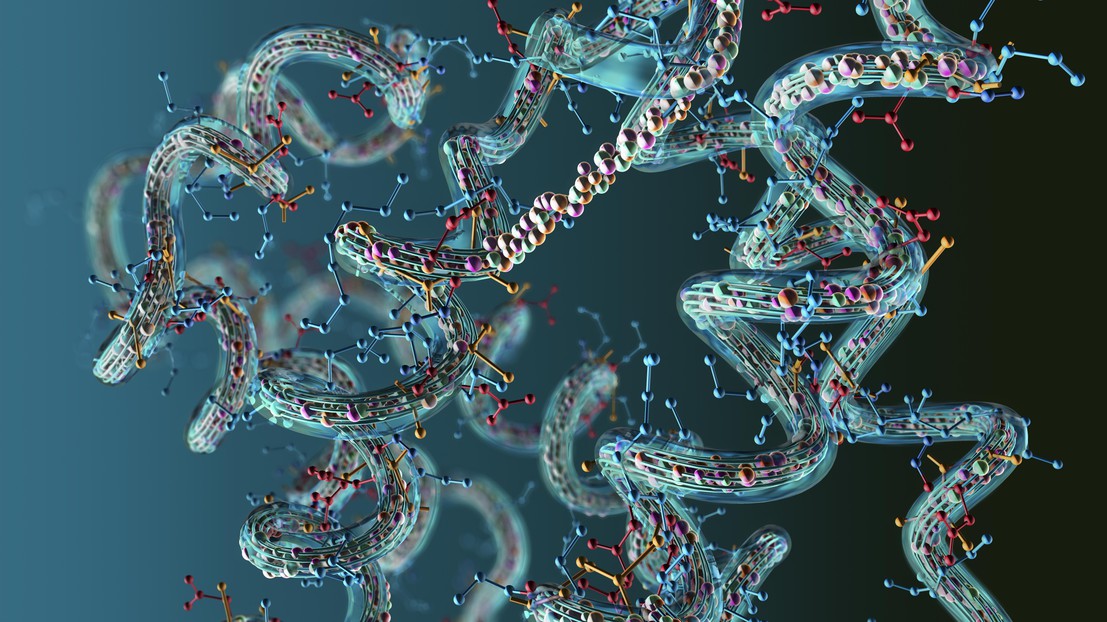
Scientists at EPFL unveil DiffPALM, an innovative AI method that enhances the prediction of protein interactions and our understanding of biological processes potentially relevant to medical applications.